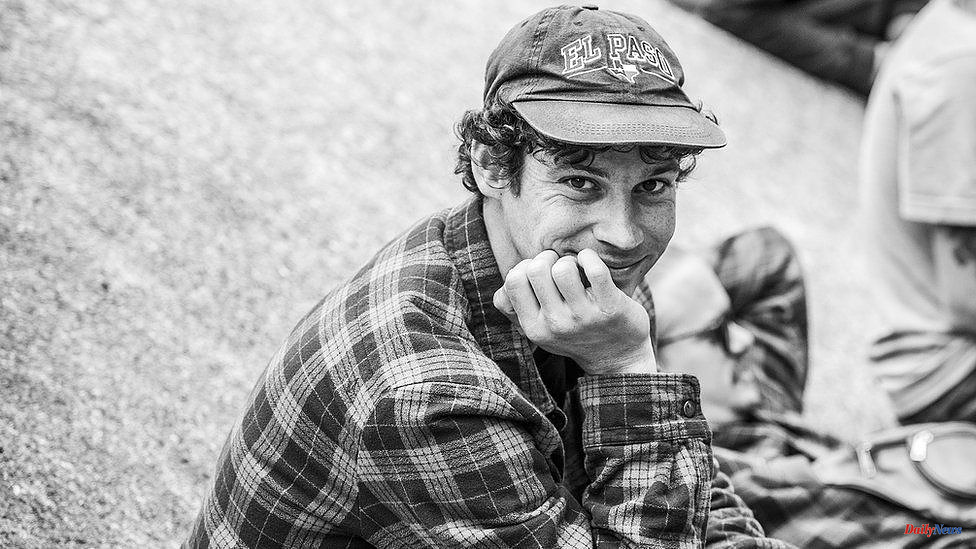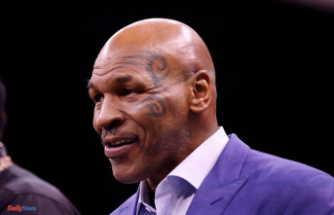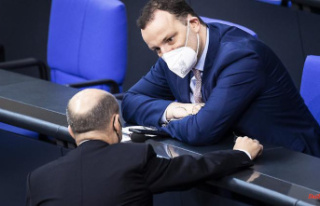Ben Raemers, a young boy who grew up in a council apartment in Essex's seaside town of Essex, was searching for a way out from his troubled childhood.
At the age of 10, he began to skateboard and became hooked. He spent his entire time at the skatepark after his family moved to Ipswich.
He became one of the greatest British skateboarders after moving to America to fulfill his dream.
Three years ago, Ben died from suicide at the age 28. This left the skateboarding community with some hard questions.
In her own words, Lucy, Ben's sister, talks about her brother's rise to fame and the aftermath of his death.
As a child growing up in Walton-on-the-Naze, I used to say that Ben was like a Tasmanian Devil. He was a whirlwind. Although he appeared to be a sweet boy, he would return home to tear down the place.
He was a love/hate person and we were best friends, or total debauchery. He used to make my laugh so much. It was chaotic because we had two brothers. It wasn't easy for our mom, who was struggling and our dad wasn’t there.
When Ben was 10 years old, his best friend took him to Brightlingsea's skatepark. He fell in love with it and became obsessed. It was his passion. He asked his mom for a skateboard, and he was hooked.
He moved to Ipswich, where he spent his entire time at the skatepark. It was just getting better.
He loved to skate and could do it all by himself. He could also indulge in drugs and drink, which was part of the culture.
Ben immigrated to America as a teenager, and was sponsored by companies such as Converse.
This man had an incredible natural ability, and he was able to do amazing tricks without even trying.
He was featured on the cover of Thrasher, the most important skateboarder magazine. He also won the King of the Road contest.
He used to go out with me and people would stop him on the streets, but Ben didn't have an ego. He would not sit back and gloat about the things he did, when I was just hanging out.
He never boasted, so it was only after he died that I realized how huge he was in skating.
From the moment Ben left school, he had no structure. He was given lots of money but never taught how to use it.
He became a professional in 2014. This should have been great, but it was not something he could do. He was not comfortable with the attention.
Ben made the decision to return to London, and his mental health began to decline. He began to talk about his feelings of suicidal thoughts and drinking more. But he wouldn't discuss it once he was sober.
Because I was his closest friend, I felt a lot pressure. I must live with the guilt that I was unable to save him.
He called me daily and relied on my support. However, I have come to realize that you can only do so much for someone.
Ben was so shy that he didn't want to share his struggles. It was obvious to me how difficult that conversation would have been for Ben.
However, I should have pushed harder. I don't think that I did enough, and that makes it very difficult to live with.
Ben passed away in May 2019, and his funeral was held in Ipswich. Although it was chaotic and difficult, it was beautiful. He had many friends from all over the world, and others came because they were following his career.
After the funeral, I felt compelled to do something. I started talking to Ben's close friends. A few months after his death, we launched a foundation in his honor in October.
It was amazing to see how many people wanted to get involved.
We visit skateboard shops to talk with different teams about suicide awareness. And we have also delivered training in America.
Skateboarding used to be a sport where people didn't talk about mental health. But, now that is changing.
Skateboard professionals have begun to open up about their mental health and it has led to more conversations.
It is amazing how many people have emailed to share that it helped them start a dialogue. We want them to be able to discuss it.
This is my current life and I've dedicated myself to mental health. Before I became a hairdresser, I'm now a counsellor.
It has been incredibly healing for me. It would have been very detrimental to my mental health if Ben had died. I thought, "I can't let him take his own life and then sweep it under the rug."
We can all remind each other to be open-minded and to ask each other, "How are you?" ".
Although I was unable to save Ben's life, I did hopefully save others.
Charlie Jones, as told
The BBC Action Line can provide support and assistance if you are affected by the issues discussed in this article.
BBC News: East of England is available on Facebook, Instagram, and Twitter. If you have a story suggestion email eastofenglandnews@bbc.co.uk












